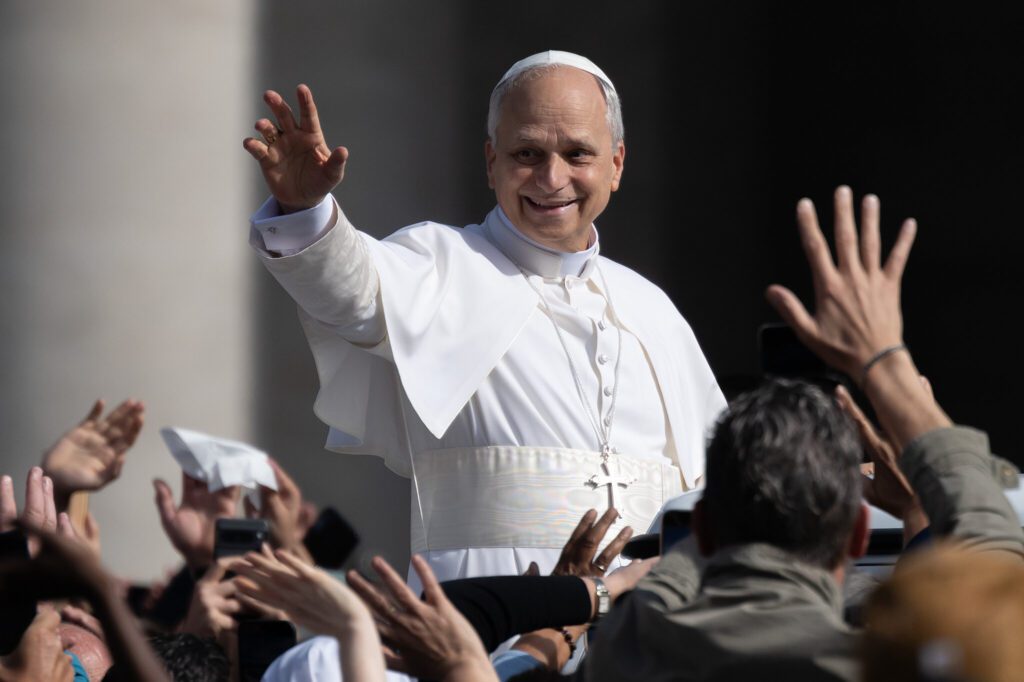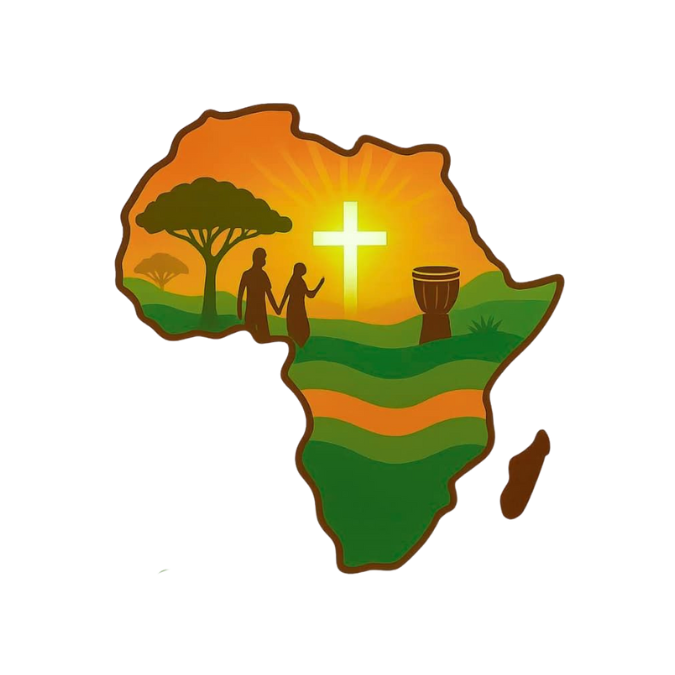
In a recent essay, Carlos Lopes warned of the “structural exhaustion” of the global order. Once-stable arrangements like free trade, multilateral institutions, and geopolitical balance are visibly fraying. Rising protectionism, populist nationalism, climate disruption, and deepening inequality have shaken the rules that long governed global affairs. Yet, Lopes reminds us, collapse can also be an opportunity. The Global South is no longer condemned to adapt passively. It can now help shape what comes next.
The Catholic Church faces its own exhaustion. For centuries, it seemed an unshakable moral anchor. Through Christendom and global missions, the papacy exerted extraordinary influence. Today, beneath its familiar rituals, the cracks are evident. Membership is shrinking in much of the West. Debates over sexuality, morality, and governance deepen divisions. The link between faith and everyday life weakens. In too many places, Catholic witness feels muted, leadership defensive, imagination tired. There is even a contest over which version of Catholicism defines the Church—an old struggle that intensified under Francis and resurfaced in the election of Pope Leo.
The question is not whether the old order can be restored. It cannot. The deeper challenge is whether a new vision can emerge. Can Catholicism recover a space of hope and spiritual imagination strong enough to respond to this global crisis of history and modernity?
Pope Leo’s First 100 Days
Into this turbulence stepped Pope Leo. His first 100 days in office reveal a willingness to grapple with a changing world. Without seeking the spotlight, he has highlighted the treasures of Catholic faith—liturgical and spiritual renewal expressed in solemn worship, social teaching, restoration of some papal traditions much loved by many Catholics—while shifting attention toward peace, solidarity with the poor, and values that transcend ideological division. In a polarized Church and a fractured world, he has sought common ground.
But the challenges are daunting: wars in Gaza, Ukraine, and the Congo; resurgent racism and nativism; economic exclusion that pushes millions into poverty; declining trust in political institutions. For the papacy to remain relevant, it must be reimagined—not as a solitary voice from Rome but as a global ministry of listening, dialogue, and bridge-building in healing the wounded relationships in the world and in the Church. Pope Leo must offer moral clarity where global leaders falter: on destructive wars, ideologies of exclusion, and states that promote violence and protectionism, sometimes under the banner of Christian nationalism or through claim of promoting Christian values.
The African Moment
Here, Africa has an historic role. Catholicism is growing faster on the continent than anywhere else. By 2050, African Catholics are expected to exceed 300 million, a third of the world’s Catholic population. Even more striking, Africa is home to the most youthful Church on earth, with 60 percent of its people under the age of 25. This rising generation embodies resilience, spiritual hunger, and communal vitality. They refuse to inherit exhausted structures.
Yet for too long, Western paternalism and aid dependency have stifled African agency. Recent controversies, such as the Fiducia Supplicans debate, revealed what happens when Rome imposes solutions without deep dialogue. Resentment grows, unity weakens, cultural realities are ignored, and the common faith that Catholics embrace is severely compromised. Africa does not need lectures; it needs listening. Pope Leo’s effort at building bridges will bear enormous fruit if he embraces the new voices and movements from the Global South, especially in Africa. The Church in Africa has come of age as a missionary Church and a source of spiritual and prophetic movements and cannot be treated with token representation or as a Church in need but as a genuine source of new ecclesial imagination.
Synodality as Reform
Leo has already committed to implementing the Final Document of the Synod on Synodality. This text outlines a path that speaks directly to today’s needs: rebuilding broken relationships; paying attention to the wounds and lamentations of God’s people; embracing co-responsibility among bishops, clergy, religious, and laity; and fostering a two-way missionary gift exchange between North and South.
If implemented with courage, synodality can shift from slogan to culture. It can decentralize authority, institutionalize shared discernment, and create an ecclesial community rooted in participation, solidarity, and subsidiarity.
Confronting Geopolitics
Renewal also means addressing Africa’s political and social realities. The continent is again a battleground for ideological and economic exploitation. Military coups, terrorism in the Sahel, religious persecution, and authoritarian leaders destabilize societies. Millions are displaced, and governance structures erode. A Church that ignores this context cannot credibly preach justice.
Here Pope Leo’s moral authority can help. Catholic social teaching must move beyond abstraction. It must defend human dignity, equity, and solidarity in concrete struggles against poverty, exclusion, and violence. The papacy has the moral power to call out both external exploitation and internal failures of leadership in Africa, while affirming the agency of African peoples to chart their own future.
From Exhaustion to Renewal
The first 100 days of Pope Leo are a milestone worthy of celebrating because it has brought stability to the Church and calmed the hearts of some who were anxious about the future of the Church under Pope Francis and those who felt that the Church was not changing enough. Already, surveys suggest new enthusiasm among Catholics since Pope Leo’s election, especially in the Global South. To sustain this hope, he must embrace reform of some of the weak ecclesial structure with boldness. That means empowering local churches, continuing to make the curial more representative, transparent and accountable to local churches, trusting new voices, and allowing Africa’s youthful energy to inspire the entire Catholic world.
Lopes’s phrase “structural exhaustion” need not signal decline. It can mark the threshold of rebirth. If Pope Leo dares to listen to the margins and trust the Spirit alive in Africa, the future of Catholicism will not be one of exhaustion but of renewal. Out of weakness can come new strength. Out of Africa can rise a hope capable of reawakening the whole Church to its mission in the world.




8 comments
This is a powerful reflection on turning crisis into renewal. Synodality emerges as the true path of hope and reform, enabling the Church to move beyond rigid structures toward genuine participation, shared discernment, and renewed vitality for its global mission.
très intéressant Stan comme analyse face à l’ aggiornamento au sein de l’Eglise et devant l’urgence de la refonte structurelle ,gouvernementale et tenant bien sûr compte de chaque Église locale.
Que la grâce de Dieu soit sur notre Pape afin qu’il puisse conduire les troupeaux qui sont les peuples de Dieu que lui même a donné son serviteur bien aimé de conduire.
Having served for six years as member of the Council for the Economy at the Vatican, I can testify to the renewal of Vatican Finances which was initiated by Pope Francis in order to make the Church at the centre both transparent and accountable. That was a huge step forward, which hopefully will be replicated in Diocese and Parishes. The nascent declericalisation of Vatican structure is another visible sign of Pope Francis’ real efforts to renew the Church in key areas, and to reform it in others. My hope is that we will follow Pope Leo as he continues the renewal started by Pope Francis!
Bonjour à tous les lecteurs, comment allez vous ? Je félicite l’engagement, le dynamisme, courage et les initiatives de l’église de mettre en pratique les différents éléments de documents synode , notre st père . Que le géopolitique ne dérange, ni fraine les réformes et de travaux de synode. En communion de prière
L’Eglise dans sa mission prophétique doit embrasser les défis de la mission en prenant en compte l, Afrique dans ses nouvelles horizon s qui riment avec le changement, L émancipation dans le désir de liberté et d autonomie.
Les jeunes doivent rester attentifs et très actifs face à tout ce qui se passe. En tout état de cause, l amour, la paix et la vie abondante doivent résonner dans le coeur des peuples de l humanité.
Je vous remercie cher père pour votre belle réflexion
Étant que religieuse ,je réponds comme théologie ne; le mal est en face,nous pouvons échapper au mal en agissant a contre courant. L’Eglise comme pasteur doit orrienter sa pastarale de proximité. Elle doit s’occuper plus de sa juridiction : secteurs, doyenné. Elle doit s’occuper de chaque catégorie des personnes pour que aucun couche ne puisse être oublier et être une proie aux événements malheureux qui font diminuer la personne dans son ensemble.
This article is so deep and enriching… bravo Padre.